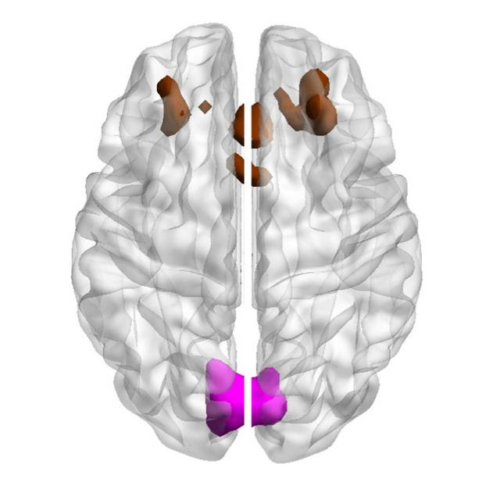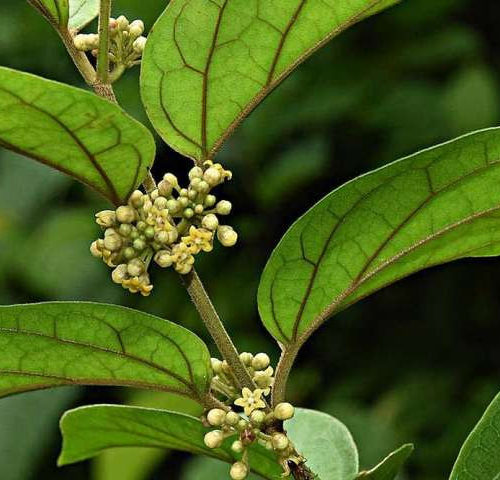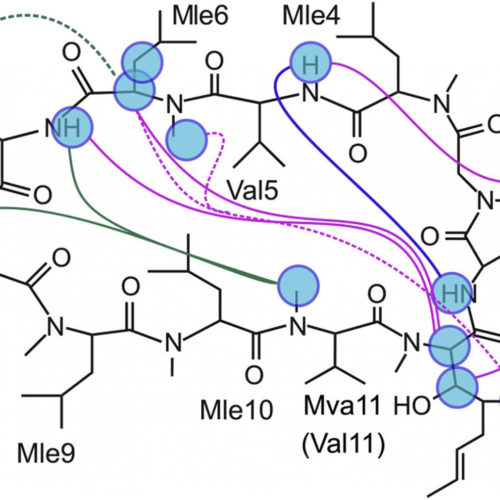Peer-Reviewed Publication UNIVERSITY OF CAMBRIDGE IMAGE SHOWING BILATERAL CUNEAL (MAGENTA) AND FRONTAL CORTEX (BROWN)CREDIT: ELIFE/UNIVERSITY OF CAMBRIDGE Scientists have found the strongest evidence yet that our brains can compensate for age-related deterioration by recruiting other areas to help with brain function and maintain cognitive performance. As we age, our brain gradually atrophies, losing nerve cells...
Tag: <span>Brain ability</span>
Study reveals plant compound beats sugar cravings
by Massey University With millions of people around the world still confined to their homes due to COVID-19 lockdown restrictions, many have reported over-indulging in home-baking, snacks and sugary treats, potentially leading to increases in body weight. But researchers at Massey University may have found a solution by investigating a plant compound that showed a...
GENES MAY EXPLAIN WHY SOME PEOPLE LOVE TO HUG
Genetics play a significant role in how affectionate women are, but the same can’t be said for men, according to a new study of twins. Researchers examined differences in the level of affection people express in an effort to determine how much affectionate behavior is influenced by genetics versus a person’s environment. MEN’S VARIATION IN...
CANCER AND CHEMO TEAM UP TO MAKE NEUROPATHY WORSE
Contrary to common medical guidance, chemotherapy does not appear to be the only culprit in neuropathy, a neurological side effect of cancer treatment, according to a new study in rats. Cancer itself contributes heavily, too, and the stresses on neurons appear far worse than the sum of the two causes. “There was some distress caused...
Cyclosporin study may lead to novel ways of approaching mitochondrial dysfunction
Cyclic peptide molecules of the fungal origin called cyclosporins were discovered in 1970’s, and cyclosporin A soon became an important drug due to its immunosuppressive activity. The details of the biochemical reactions involving cyclosporin were elucidated by the beginning of 1990s, but still some aspects of the behavior of this molecule raise questions. Investigation started...
Reading the Brain’s Map: Coordinated Brain Activation Supports Spatial Learning and Decision-Making
NIH-supported study finds that spatial “replay” in neurons may help rats learn how to navigate toward goals Specialized brain activation “replays” the possible routes that rats can take as they navigate a space, helping them keep track of the paths they’ve already taken and choose among the routes that they can take next, according to...
Body parts respond to day and night independently from brain, studies show
by University of California, Irvine Can your liver sense when you’re staring at a television screen or cellphone late at night? Apparently so, and when such activity is detected, the organ can throw your circadian rhythms out of whack, leaving you more susceptible to health problems. That’s one of the takeaways from two new studies by...
Study reveals differences in brain activity in children with anhedonia
Researchers have identified changes in brain connectivity and brain activity during rest and reward anticipation in children with anhedonia, a condition where people lose interest and pleasure in activities they used to enjoy. The study, by scientists at the National Institute of Mental Health (NIMH), part of the National Institutes of Health, sheds light on...
New study suggests viral connection to Alzheimer’s disease
ARIZONA STATE UNIVERSITY Of the major illnesses facing humanity, Alzheimer’s disease (AD) remains among the most pitiless and confounding. Over a century after its discovery, no effective prevention or treatment exists for this progressive deterioration of brain tissue, memory and identity. With more people living to older ages, there is a growing need to clarify...
How to activate your brain’s ability to learn
In music, you have scales. In Jiu Jitsu, it’s drilling. Most of us just call it practice. Whatever you label it, many believe that greatness, heck even mere competency, requires training a skill well past proficiency. It’s continuing to practice your free throw even after you’ve nailed every shot. It’s playing through that song one...



